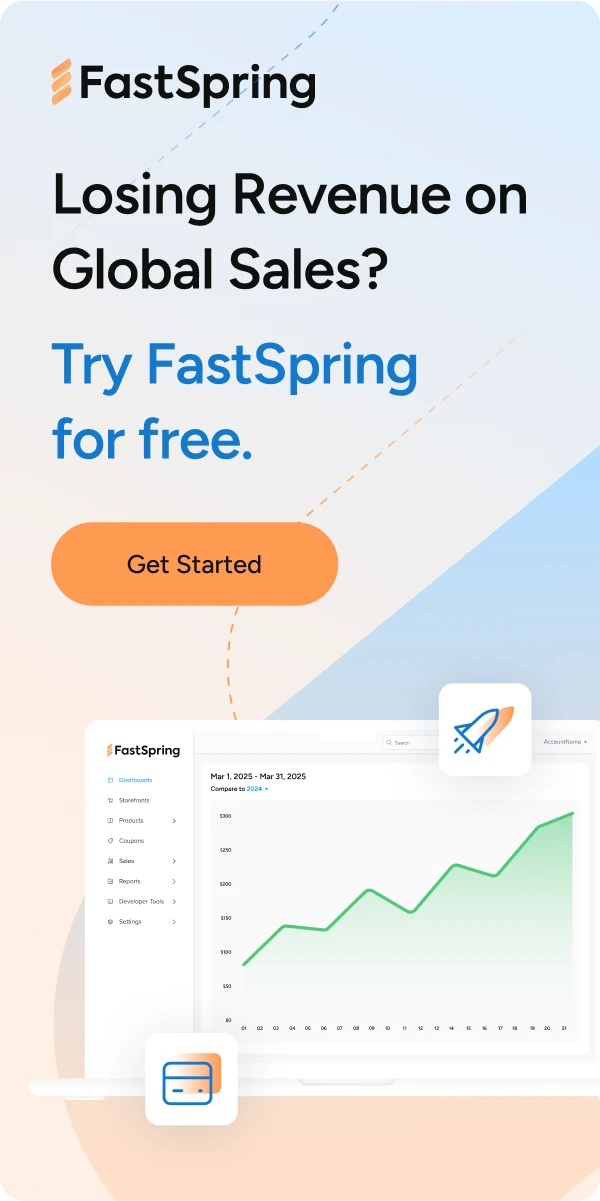Order refunds, action locking, and reversing affiliate commissions may not be the most exciting topics related to affiliate marketing. Still, they are essential components that help you better understand your program while minimizing the unnecessary commissions and fees that can be present if you avoid them.
If you are not familiar with what each of the above terms means and how they differ, you came to the right place!
Order Refunds
Order refunds occur when a customer requests a refund for an order, or they dispute a charge with their bank, and the funds are returned to the customer. It is important to note that when an order refund occurs, it does not mean that the affiliate commission associated with that order is automatically stopped.
Tip: If your affiliate program or a specific affiliate is generating a returned order rate higher than your non-affiliate sale average, investigate how they promote your product(s). There may be an opportunity to improve the continuity between their message and your product. In some cases, this may also indicate fraudulent activity from that affiliate.
Action Locking
An action locking period is the time between when an action occurs and when it is approved or marked as owed to an affiliate. For clients who use the FastSpring affiliate solution Impact, the action locking and payout periods are standardized to synchronize all client affiliate accounts’ funding. All actions happening in a given month are locked one month after the end of the month in which they occur. This means that for every action occuring in January, you have until the end of February to process any necessary action reversals. Once the action locking period ends, affiliate commissions are not able to be reversed.
Note: Though actions lock during the month after they occur, payments are not issued until the following month on the 15th. For example, January actions lock in February, then are paid on the 15th of March.
Action Reversals
Action Reversals prevent an affiliate commission from being paid and reverse a tracked action or sale for different reasons. This is because an order was returned, and no revenue was collected for a sale; therefore no commission should be paid. However, sometimes actions need to be reversed because incorrect information is passed through the action tracker. Suppose your store only has a few orders per month. In that case, it may be sufficient to simply set a calendar notification to run a report that includes returned orders in your store and then check those against actions within the affiliate platform to see if they need to be reversed. If your store processes hundreds or even thousands of orders and you have over a dozen or more returns, you will likely want to automate this process.
For more information on action reversal processes, please check out the following support article: https://help.impactradius.com/hc/en-us/articles/202925139
Tip: It is also a good idea to periodically look at the pending actions screen in the affiliate platform to make sure information such as product SKUs, order amounts, order ids, etc. are being received properly by the platform. If you notice something that does not seem right, reach out to support immediately to investigate the issue.
Whichever reversal option best suits your situation, it is crucial to be consistent with the process to help your program run smoothly and minimize unnecessary expenses. Opening conversations with affiliates about promotional methods they use that may be resulting in higher percentages of returned orders fosters a good relationship with your affiliates and will result in a more reliable web presence as a bonus.









